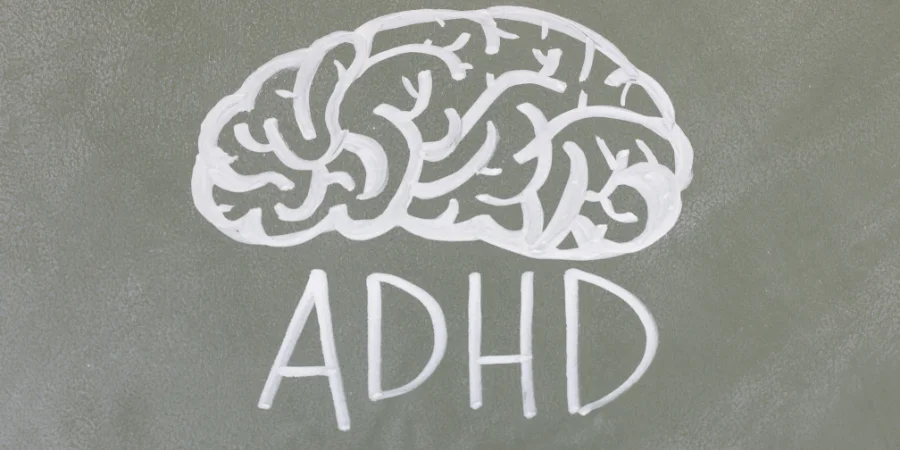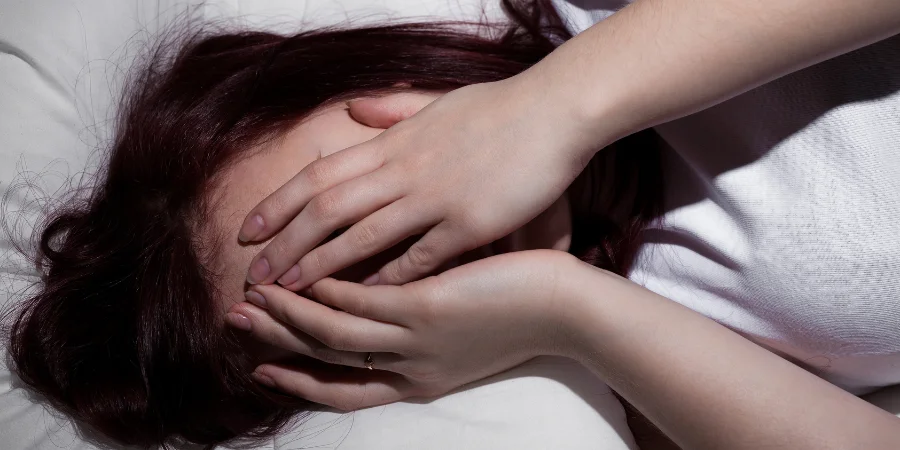Last Updated:
February 24th, 2025
ADHD and Addiction | Symptoms and Treatment
According to Professor of Psychiatry, Dr A. Adler, ADHD is one of the most common psychiatric disorders. Yet, many people across the globe have not yet been diagnosed. Such lack of understanding and support can cause people to take matters into their own hands by engaging in unhealthy behaviours as a form of distraction or abusing substances as a means of self-medication.
While such methods may provide short-term relief, the long-term consequences only present more physical and mental health problems; addiction can diminish the quality of a person’s life but it can also aggravate the effects of ADHD, putting people at risk of unemployment, depression and relationship breakdowns. If a person is struggling with addiction and ADHD, it’s important they have immediate access to the treatment they need to break free from addiction and manage ADHD effectively.
What is ADHD?
ADHD is a condition that affects a person’s behaviour by causing them to have difficulty concentrating and trouble sleeping, and it often drives them to engage in impulsive acts. ADHD was once a condition associated with children or teens, but it’s just as common in adults. Moreover, many people with ADHD don’t become diagnosed until well into adulthood. The symptoms of ADHD may not initially seem so serious, but they can lead to more severe consequences. Adults who have untreated ADHD may struggle to:
- Focus on their work or studies which could cause them to lose their jobs or miss out on potential career opportunities
- Focus on important tasks
- Get a healthy amount of sleep and thus wake up tired and irritable
- Build and maintain healthy relationships with those close to them
- Find difficulty in keeping physically healthy; overeating and substance abuse are common in those with ADHD
Such outcomes could easily give way to depression, which can exacerbate any existing sorrow. When a person is feeling vulnerable, it creates the perfect breeding ground for illnesses like addiction to grow.
ADHD and addiction: how are they related?
Addiction is a mental disorder that compels people to repeatedly use a substance or engage in a specific behaviour, to the point where they feel powerless to quit. There is a clear link between attention deficit hyperactivity disorder (ADHD) and addiction. Perhaps this is because people with ADHD have higher levels of hyperactivity than those who don’t, and this can potentially drive people towards addictive tendencies; they may develop a food addiction or substance dependency to soothe ADHD symptoms, and some people with ADHD could build a dependency on certain adrenaline-hitting behaviours too. As a result, they could become hooked on actions that offer instant gratification and provide a quick surge of dopamine, resulting in a co-occurring disorder.
Spotting the signs of ADHD and addiction…
It can be challenging to spot addiction in those with ADHD because it can be hard to differentiate between self-controlled pleasure and unrestricted compulsions. If you think you may have developed an addiction on top of ADHD disorder, read the statements below to see if any resonate with you, if they do, it may be time to seek out help for addiction and ADHD.
- I have strong and urgent cravings; I can’t think about anything else until I get my fix.
- I have witnessed the negative consequences of my behaviour, and I still feel compelled to engage in the behaviour.
- Since engaging in a specific behaviour, I find it even harder to listen to others; people have to say things two or more times to me, before I can pay attention.
- The more I engage in a specific behaviour, the more withdrawn I have become from friends and family.
- Since engaging in a specific behaviour, I find it hard to focus on my job or studies.
- Since engaging in a specific behaviour, I find it even harder to commit to plans, and I often put essential things off (even if it upsets others close to me).
- Since engaging in a certain behaviour, I find it harder to follow clear instructions.
- Since engaging in specific behaviours, I forget to do things more often.
- I find it even more challenging to stay still (since engaging in specific behaviour).
- I only spend my time with those who engage in similar behaviours as me.
- (If abusing a substance) I try to conceal drug paraphernalia such as bongs/grinders/zip-lock bags, empty bottles and substances themselves from those closest to me.
- My time seems to be spent engaging in (or thinking about) specific substances of behaviour.
- I seem to spend all my money on accessing specific substances or behaviour.
How are ADHD and addiction related?
Below are some of the most common forms of ADHD and addiction and how they are connected:
- Shopping addiction
- Gambling addiction
- Porn addiction
- Sex addiction
- Internet addiction
How to treat someone with ADHD and addiction
It’s important you seek medical help for ADHD as soon as you can. Your doctor will likely prescribe you modern and licensed medication to help you manage symptoms. Such medicines can help you to gain a better focus, behave less impulsively, feel calmer, and learn and apply new skills. In addition, you will be referred to therapy, where you will get support and guidance on how to manage ADHD, so it doesn’t negatively impact your life. For those with addiction and ADHD, attending rehab for co-occurring disorders is essential as it can be extremely difficult to break free from addiction by yourself, and even tougher if you are dealing with a co-occurring disorder as well.
How Primrose Lodge can help
We treat addiction as the primary disorder, meaning clients will need to have their ADHD under reasonable control upon entering rehab. However, we provide various psychotherapy treatments that are highly effective at treating co-occurring disorders and will help you manage ADHD symptoms alongside your addiction recovery. Cognitive Behavioural Therapy (CBT) for example, can help you address negative thoughts and compulsions that trigger urges for addiction, this helps you to become more aware of how your thoughts construct your behaviours, and ultimately help you to make healthier choices. This type of treatment mutually benefits dual diagnosis, as it helps with managing negative symptoms associated with ADHD as well.
Although unmanaged ADHD can bring about negative consequences, those who have learned to cope with ADHD often have the remarkable ability to hyper-focus on tasks and harness their skills in a healthy way. From Mozart to Steven Spielberg, people with ADHD can have flourishing careers and live a high quality of life. Our treatment isn’t designed to erase ADHD or hinder any personality traits, but rather to help you use it to your advantage by healthily managing your thoughts and working through cravings so you can embrace your potential.
There is a better way to live: reach out to us today
Experiencing the distress of addiction on top of ADHD is exceptionally challenging, and it may feel like you’re slipping away from living a good quality of life. However, we’re here to bring you back to firm ground by treating your addiction and helping you to manage your ADHD better. So, don’t delay treatment any longer; give us a call today, and a member of our friendly support team will get you on your way to recovery.





